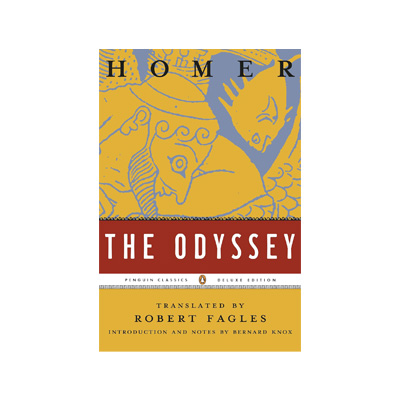Book Summary
"The World as Will and Representation" is another work by the renowned German philosopher Arthur Schopenhauer, recognized as one of the most influential philosophical books. The epistemological and metaphysical perspectives of Schopenhauer, which constitute a significant portion of his thoughts, are explored in this text.
The world is considered as a manifestation of a single, all-encompassing will, and the author presents his arguments for this notion. Additionally, an effort has been made to comprehensively explain reality, the nature of existence, consciousness, and human conditions, while also addressing the concept of will as a universal force that drives everything from the simplest to the most complex beings. Schopenhauer does not have a favorable view of will; he sees it as the source of all human suffering and pain, believing that the only way to escape the tyranny imposed by will is through asceticism—abandoning all worldly pleasures.
The author further defines human perception as a result of each individual's experiences and based on their senses, noting that since he considers the power of the human mind to be limited, he does not regard the realm of consciousness as expansive.
About the Author
Arthur Schopenhauer is one of the most influential philosophers in history in the fields of ethics, art, modern psychology, and contemporary literature. He was born on February 22, 1788, in the Commonwealth region of Poland and Lithuania. He lost his father at the age of 17 and, having had a poor relationship with his mother, he pursued his education and livelihood independently.
After studying theology and natural sciences, he received his doctorate in philosophy from the University of Gießen and published his first book in 1818. He had a volatile personality and remained single throughout his life; more than needing income from writing, he sought fame. It is said that when he woke up in the morning, he would write from after his bath until noon without having breakfast. He believed that philosophy should not be accompanied by complex sentences because everyone should have complete awareness of philosophy.
His thoughts were influenced by Kant, Goethe, Giordano Bruno, and others. He passed away on September 21, 1860, without any physical ailments. Some of his books include: "On Vision and Colors," "On Women," "The wisdom of life," "The will to live," and "The vanity of Existence."
Who Should Read the Book?
Those interested in philosophy, especially individuals who are drawn to Schopenhauer's pessimistic view of the world, can benefit from reading this work























